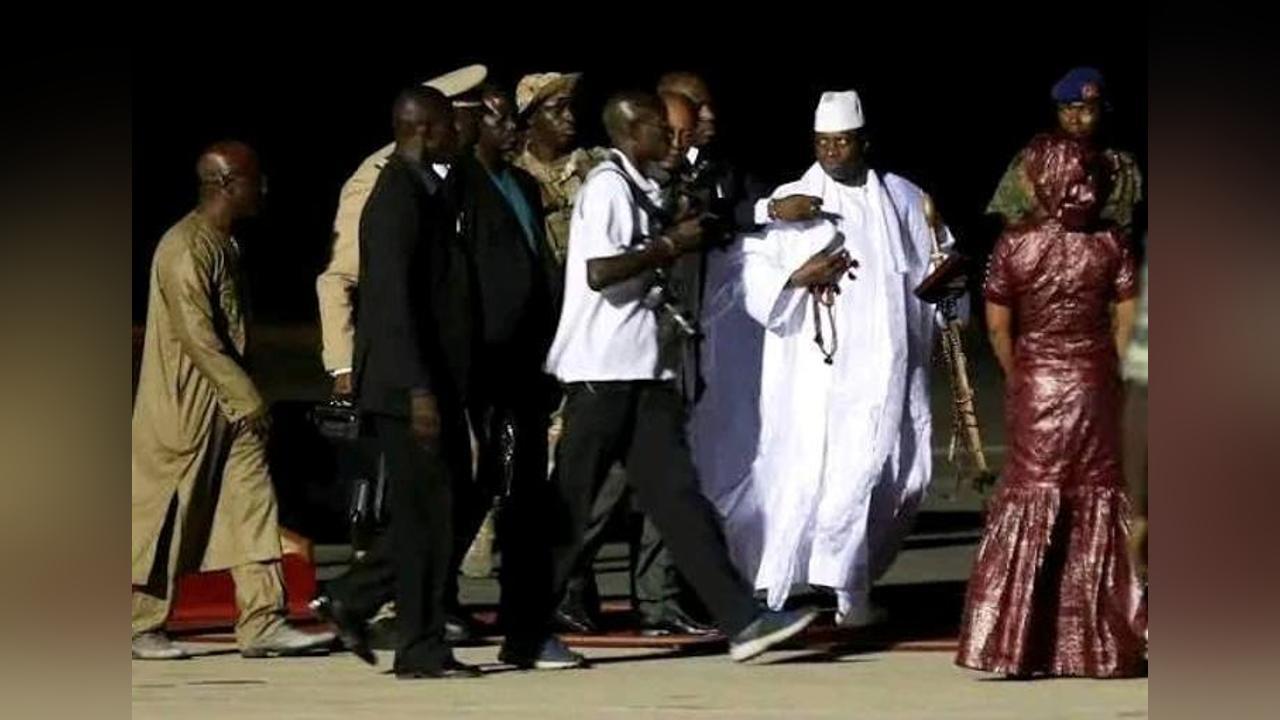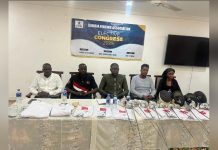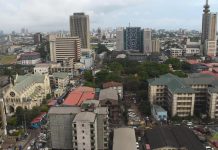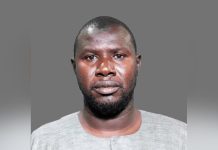Africa-Press – Gambia. The Edward Francis Small Center for Rights and Justice (EFSCRJ) has called on the government to immediately establish a Presidential Committee to manage the potential return and prosecution of former president Yahya Jammeh, following his announcement that he intends to come back to The Gambia in November 2025.
Jammeh, who ruled the country for 22 years before being forced into exile in 2017, announced on October 26 that he plans to return. Two days later, the government issued a brief statement acknowledging his constitutional right to return and reaffirming its commitment to prosecute him, as recommended by the Truth, Reconciliation and Reparations Commission (TRRC). However, EFSCRJ says no further information has been shared, and no clear mechanism appears to be in place to manage the arrival of the former leader, who stands accused of widespread human rights violations.
According to the organisation, Jammeh’s declaration this time is different from previous claims because it was followed by an official notification to the government. This, they argue, makes preparation both urgent and unavoidable.
EFSCRJ says a Presidential Committee is essential to prevent disorder and to ensure that Jammeh’s return whether imminent or delayed is handled in a lawful, peaceful, and transparent manner. The group stresses that Jammeh is not an ordinary returnee, but a former head of state accused of extrajudicial killings, enforced disappearances, torture, sexual violence, and other crimes documented by the TRRC.
The proposed committee would be responsible for preparing detailed protocols, including whether Jammeh should be arrested upon arrival, who has the authority to carry out the arrest, where he will be detained, and how the 72-hour constitutional detention limit will be respected. The committee would also need to determine conditions of residence should he be allowed to go home, noting that his properties are currently under state custody, and outline how immunity under Section 69(3)(b) of the Constitution will be lifted.
EFSCRJ argues that the body should include victims’ representatives, civil society actors, and the National Human Rights Commission to ensure legitimacy and transparency.
The organisation also urged the government to brief international bodies such as the AU, ECOWAS and the UN, and to engage Equatorial Guinea, where Jammeh has lived since 2017.
Once preparations are complete, EFSCRJ says the president should address the nation to help prevent tension among victims, supporters, and the wider public.
“The government must be a step ahead,” the statement concludes, warning that Jammeh’s sudden arrival without a clear plan could spark unnecessary chaos.
For More News And Analysis About Gambia Follow Africa-Press






